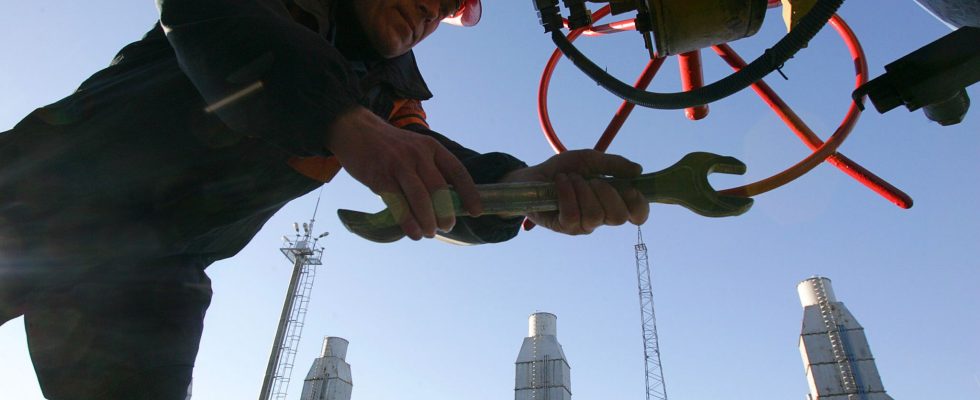The question agitated all political leaders from the first weeks of the invasion in Ukraine: will the European Union be able to do without Russian gas? Very dependent, it has not introduced any official restrictions on gas – unlike oil or coal – but has asked its members to reduce their imports and find other sources of supply. Because Moscow, in retaliation for the sanctions, is playing with the tap: the flow sent to Europe has been gradually reduced, until a complete stoppage last summer for the Nord Stream gas pipelines. A small quantity still passes through Ukraine via the Brotherhood gas pipeline, in particular to supply Hungary and Austria, and liquefied natural gas (LNG) continues to be transported by ship from Russia.
But the figures of this beginning of emancipation are eloquent : the share of Russian gas delivered monthly to the EU fell from more than 50% in 2021 to 37% in March 2022, then to less than 13% last November. And the Twenty-Seven could definitely do without it… from 2028, thanks to renewable energies. These are the conclusions of a report of the Sustainable Finance Group of the University of Oxford published this Tuesday, May 9. The gain would be both ecological (giving up fossil energy), strategic (gaining energy autonomy) and economic: 90% of the investment costs could be recovered within 30 years.
To achieve this, the Twenty-Seven will obviously have to put their hands in their pockets. The investments would amount to 811 billion euros. The vast majority of expenditure would be earmarked for renewable energies (706 billion), the rest (105 billion) for the deployment of heat pumps.
This scenario, compared to that of a status quo estimated at 299 billion euros, is costly. But “we expect that the replacement of Russian natural gas with green technologies will lead to operational savings of 238 billion euros over the next 30 years, or almost 50% of the additional investment required”, assures the Oxford Sustainable Finance Group. Better: according to “reasonable assumptions on the price of natural gas, we estimate that this fraction could reach 92%”, he adds.
In France, no more Russian gas for electricity in 2030
“This analysis underlines that renewable energies and energy efficiency are not a distant dream but an immediate, safe and ethical economic way to free ourselves from expensive Russian gas”, notes Laurence Tubiana, director of the European Foundation for the climate. Political decision-makers will therefore have to step up in several areas: reduce the time required for authorization to deploy renewables, develop these sectors and provide massive training.
The report also looked at four countries (France, Germany, Italy and Spain), whose dependence on Russian gas varies widely. “France would manage to replace it for heating by 2026”, but only after 2030 in its electricity mix. The dynamic is opposite in Germany: the substitution for electricity would take place in 2027, and in 2030 for heating. “Germany must therefore deploy heat pumps more aggressively” and increase its investment in wind power. This last observation is also valid for France on all forms of renewable energy, say the analysts.
For its part, Italy could completely get rid of Russian gas by 2028 “if the country revises its currently moderate ambitions for onshore wind turbines upwards”. Spain would get there a year earlier, in 2027, without needing to resort to offshore wind power. “This is due to the country’s low dependence on Russian gas and its warmer climate which has led to structurally weaker heating demand,” the report details. One uncertainty remains: will the EU show enough “boldness and ambition” to go all the way? The plan RePowerEU presented by the Commission a year ago marks out a path that must now be followed without hesitation.
